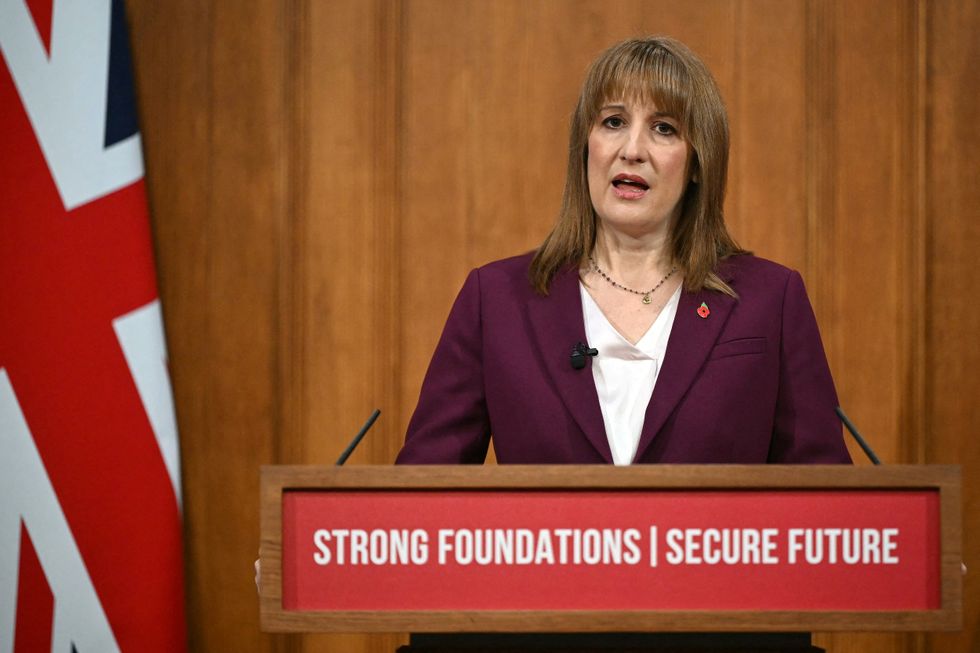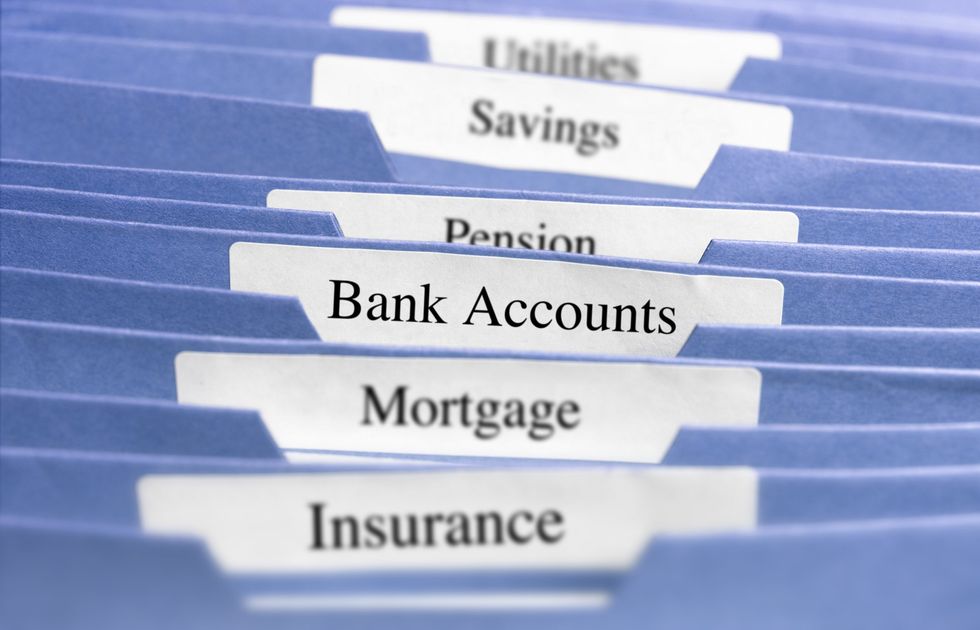Banks could face a tax rise on their profits in next week’s Autumn Budget – and experts warn the move may ultimately hit ordinary savers rather than the financial sector itself.
Treasury officials are looking at increasing the bank surcharge in a last-minute attempt to plug a major gap in the public finances, with hopes of raising at least £2billion.
Rachel Reeves has come under heavy pressure in recent months to target banks as a way of boosting revenue without increasing income tax or VAT.
Senior sources say the proposal remains under active consideration inside the Treasury.
Reports first surfaced earlier this year in The i Paper that the surcharge hike was being discussed, and insiders quoted this week by The Daily Telegraph say the plan is still “on the table” as Budget decisions go down to the wire.
Officials are considering lifting the banking surcharge from its current three per cent back up to eight per cent, a move that could raise at least £2billion for the Autumn Budget.
The surcharge previously sat at eight per cent in the years after the financial crisis but was cut to three per cent in 2023 when overall corporation tax rates were increased.
Experts warn the move could backfire on consumers, because banks might try to protect their profits by cutting savings rates or increasing borrowing costs.
Ministers are trying to fill major gaps in the public finances and view taxing banks as a safer political option than raising income tax or VAT.
In recent years, banks have benefited from higher interest rates, helping to drive large profits. The UK’s five biggest lenders are expected to make around £52.6billion in pre-tax profits next year, according to analysis from Hargreaves Lansdown.
The Trades Union Congress says restoring the surcharge to eight per cent could raise about £2billion a year, with even more revenue possible if the rate went higher. Market speculation about a tax rise has already pushed down the value of UK banking shares in recent weeks.

Economists say that if the Government raises taxes on banks, customers will probably feel the effects through worse savings rates and more expensive loans.
“As a result of higher taxes on bank profits, banks may pass on costs by lowering savings deposit rates and raising lending rates,” explained Shampa Roy-Mukherjee, professor of economics at the University of East London.
She warned that if inflation exceeds interest earned on savings accounts, consumers would face diminishing real purchasing power, eroding their accumulated wealth.
“Overall this will discourage traditional saving and investment and hamper economic growth,” Ms Roy-Mukherjee added.
LATEST DEVELOPMENTS:
- Savings alert as cash will be protected up to £120,000 under new banking rules
- Rachel Reeves’s pensions raid to be ‘biggest tax hit in decades’ as YOU could pay £214k to HMRC
- Low-income savers hit with £992 stealth tax bills as freeze pulls pensioners into the net

Financial institutions seeking to maintain profit margins would have limited options beyond adjusting the rates offered to customers, potentially creating a ripple effect across the entire savings market.
Mortgage holders face potential rate increases as banks seek to compensate for higher tax bills, though competitive market conditions might limit such moves.
“This would most likely result in higher borrowing rates for mortgage holders and lower savings rates for depositors. Banks would need to fill the gap in their profits by increasing the margin they make on consumers,” stated Richard Dana, founder and CEO at Tembo.
Mr Dana expressed particular concern about first-time buyers, noting that recent positive lending policies could be undermined by the proposed tax changes.
Sarah Coles from Hargreaves Lansdown suggested banks face a choice between absorbing profit losses or adjusting product margins, though she acknowledged the competitive mortgage market makes rate increases challenging as “borrowers are prepared to vote with their feet.”

The potential surcharge increase has prompted warnings about wider economic repercussions beyond individual savers and borrowers.
Danni Hewson from AJ Bell highlighted concerns that banks might restrict lending or implement stricter criteria, potentially hampering both household and business borrowing.
“The issue is whether taxing banks more will end up stifling the very growth the government is keen to foster, by crimping lending to businesses and households alike,” she said.
“The banking system greases the wheels of the economic engine, which could stall if heavier taxation means less lending.”
Despite competitive pressures in some markets, major high street banks might find room to adjust rates, particularly in savings products where they already offer below-market returns, according to industry analysts.
Our Standards: The GB News Editorial Charter







Follow